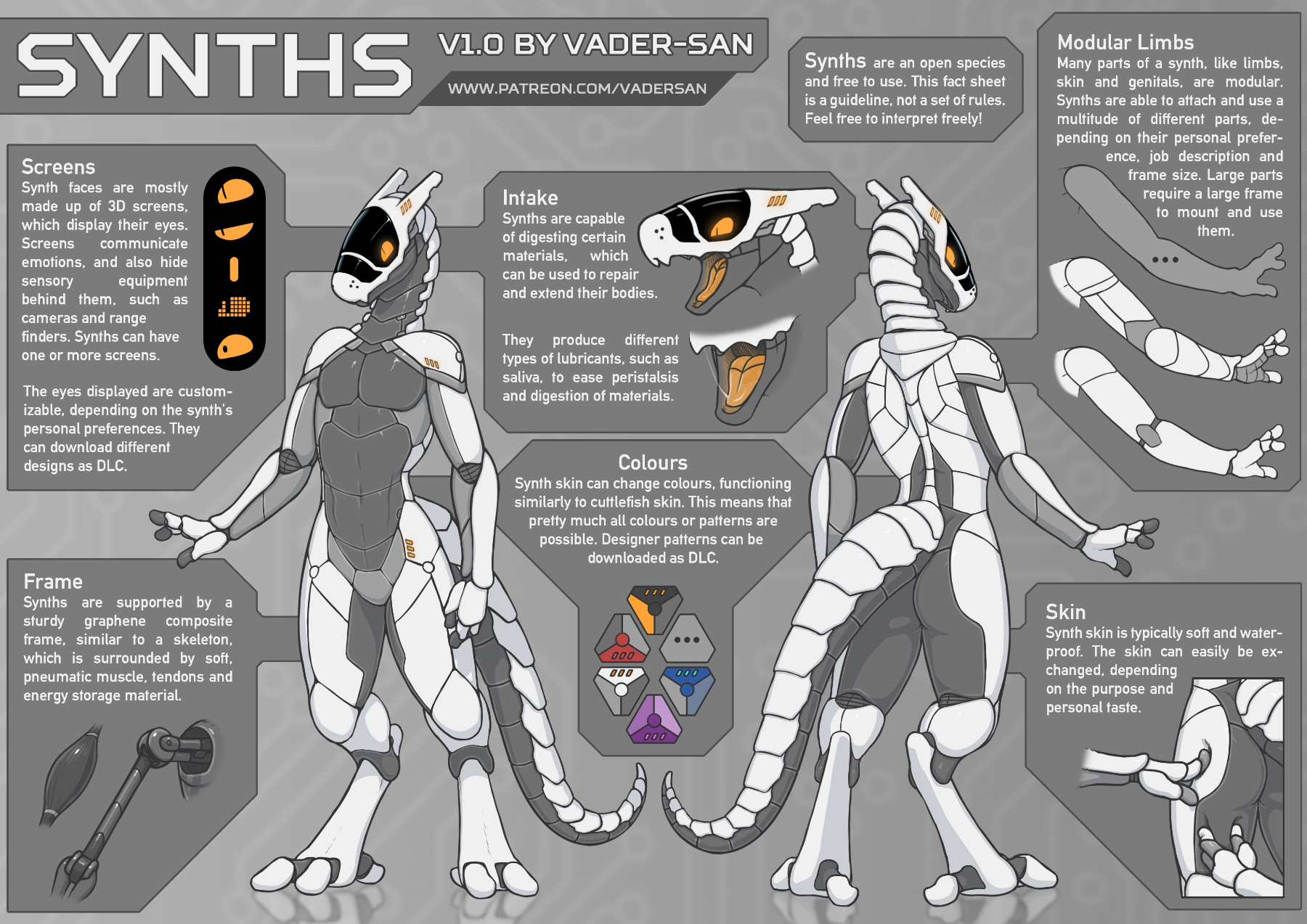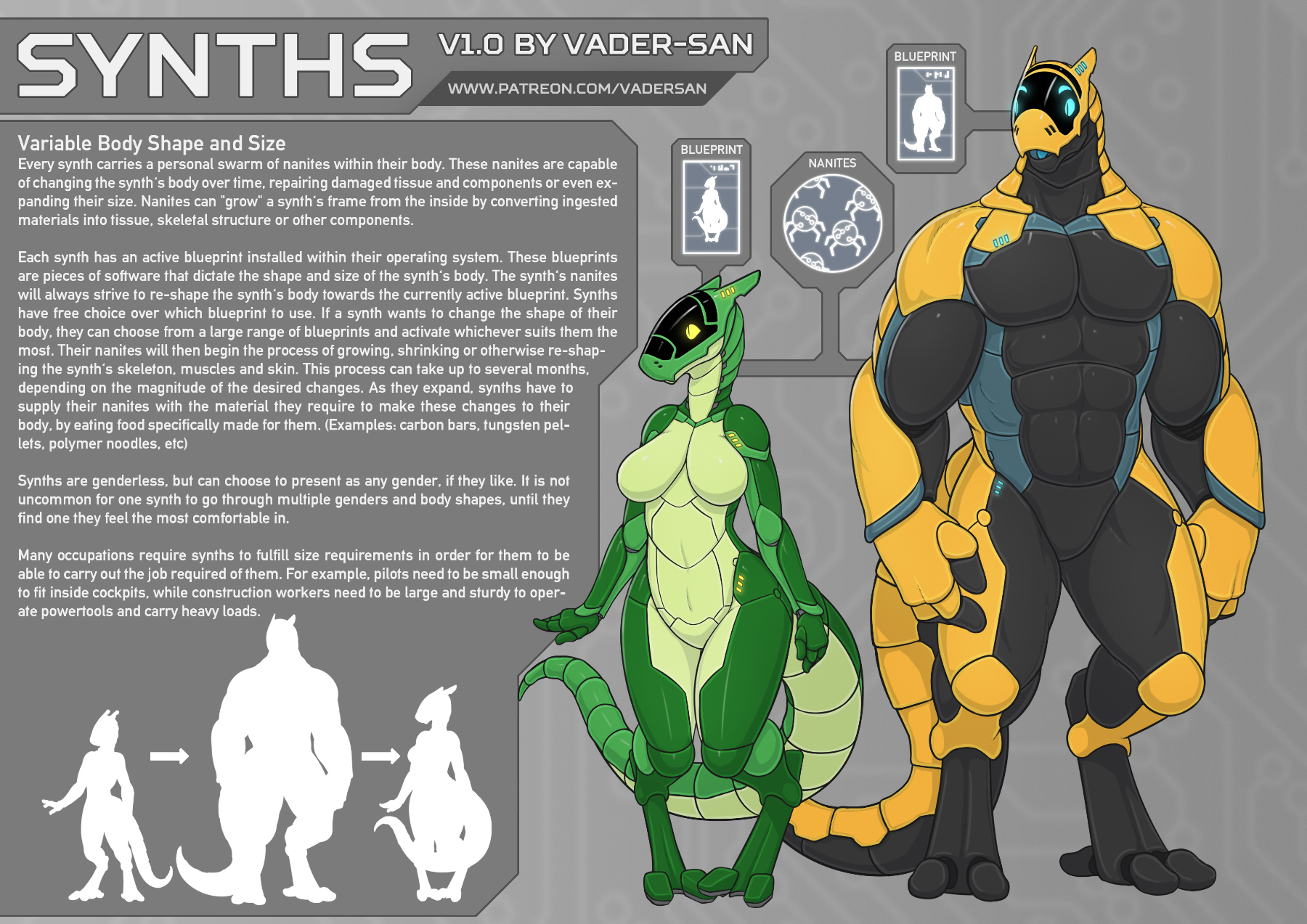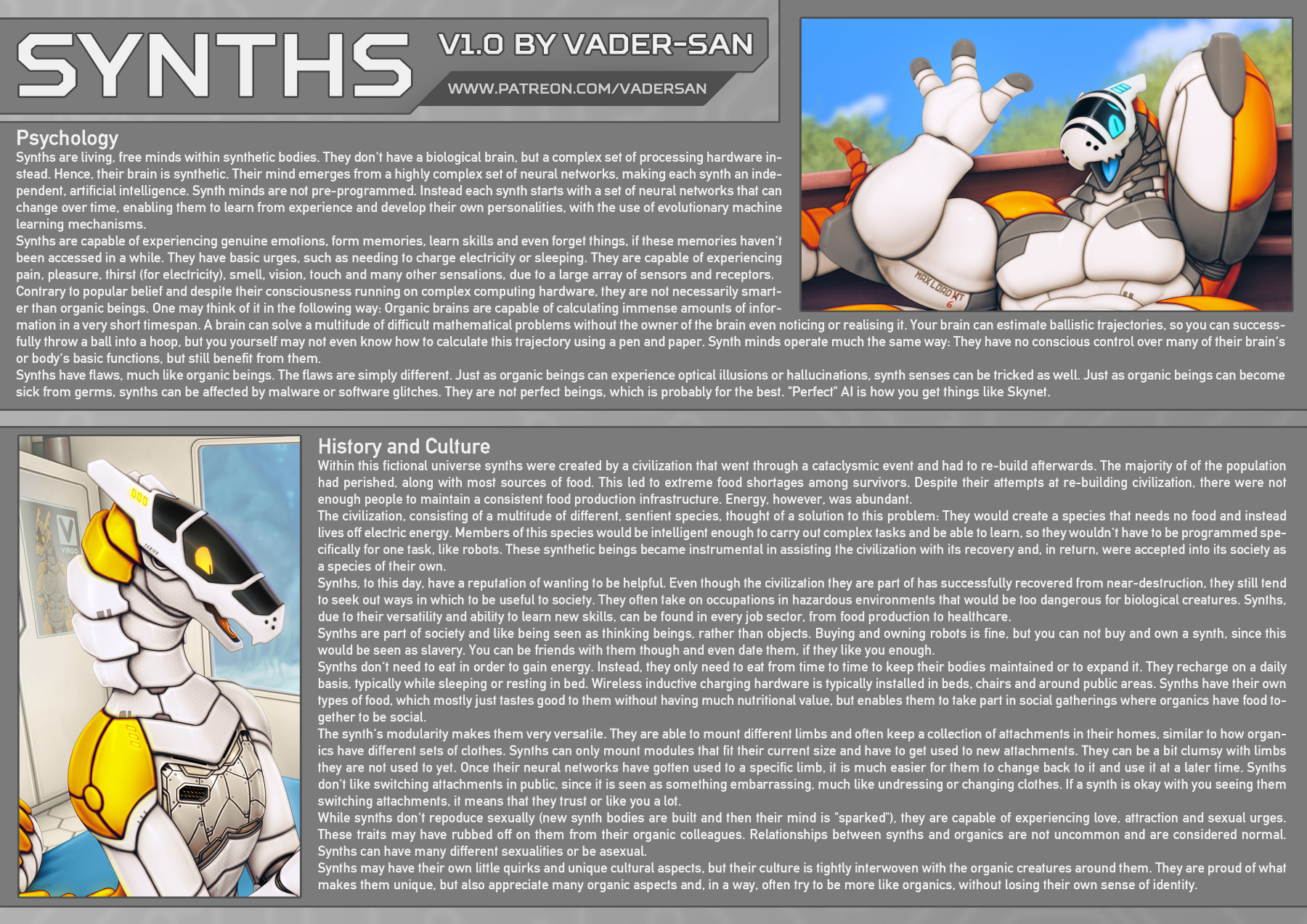As Always I have no idea if I'm posing in the right spot, but this seems to be the creative people lair so I'll give It a shot.
If you had a database that could perfectly rappresent a civilization, be It a nation, a spieces or a small group, what would you create?
You can specify all aspects of It, from the culture and philosophy that they follow or antagonize to what pizza topping they consider taboo.
I'm asking this as reference to structure a database to share for free to everybody that needs something like this
If you had a database that could perfectly rappresent a civilization, be It a nation, a spieces or a small group, what would you create?
You can specify all aspects of It, from the culture and philosophy that they follow or antagonize to what pizza topping they consider taboo.
I'm asking this as reference to structure a database to share for free to everybody that needs something like this




